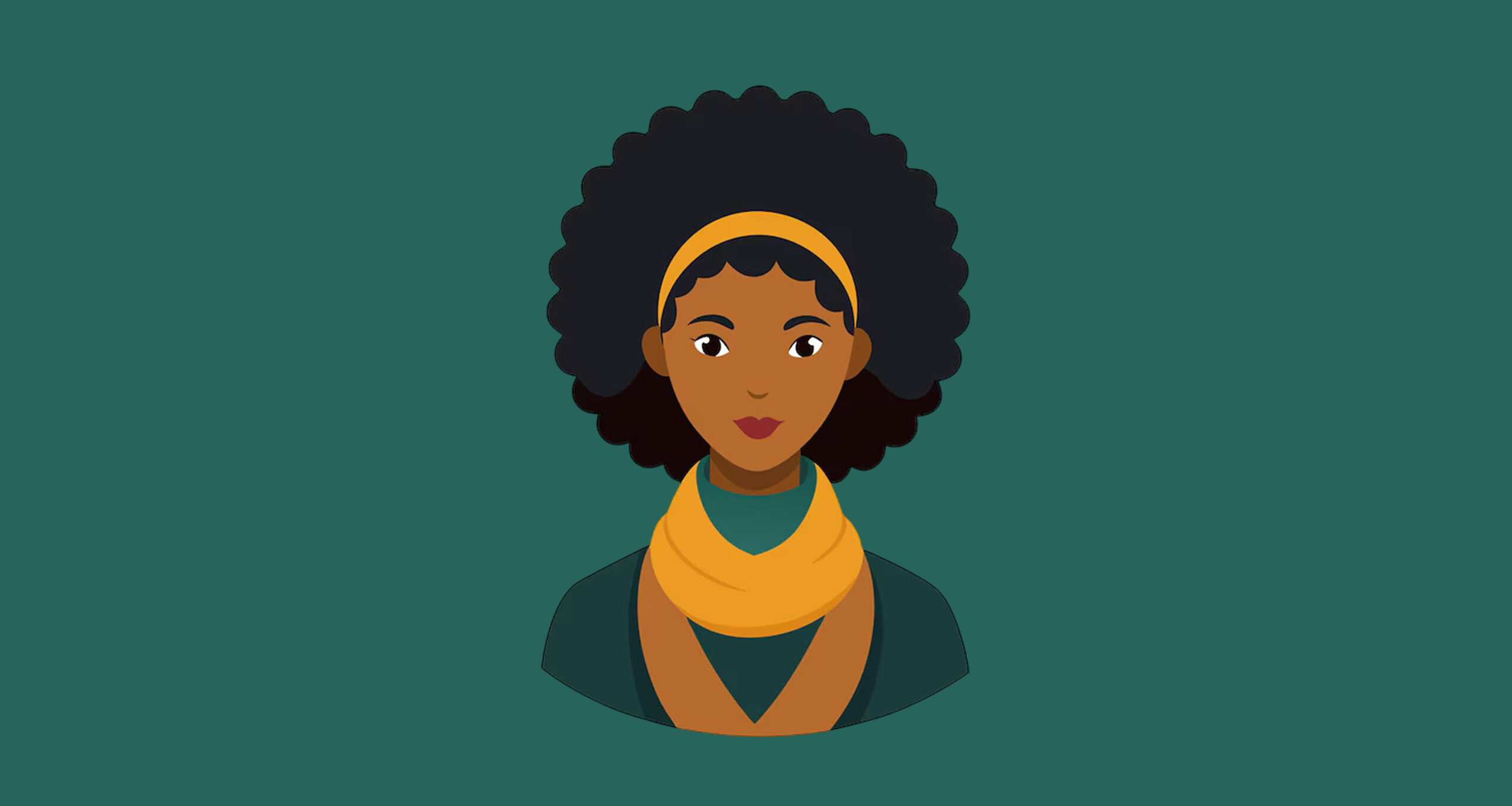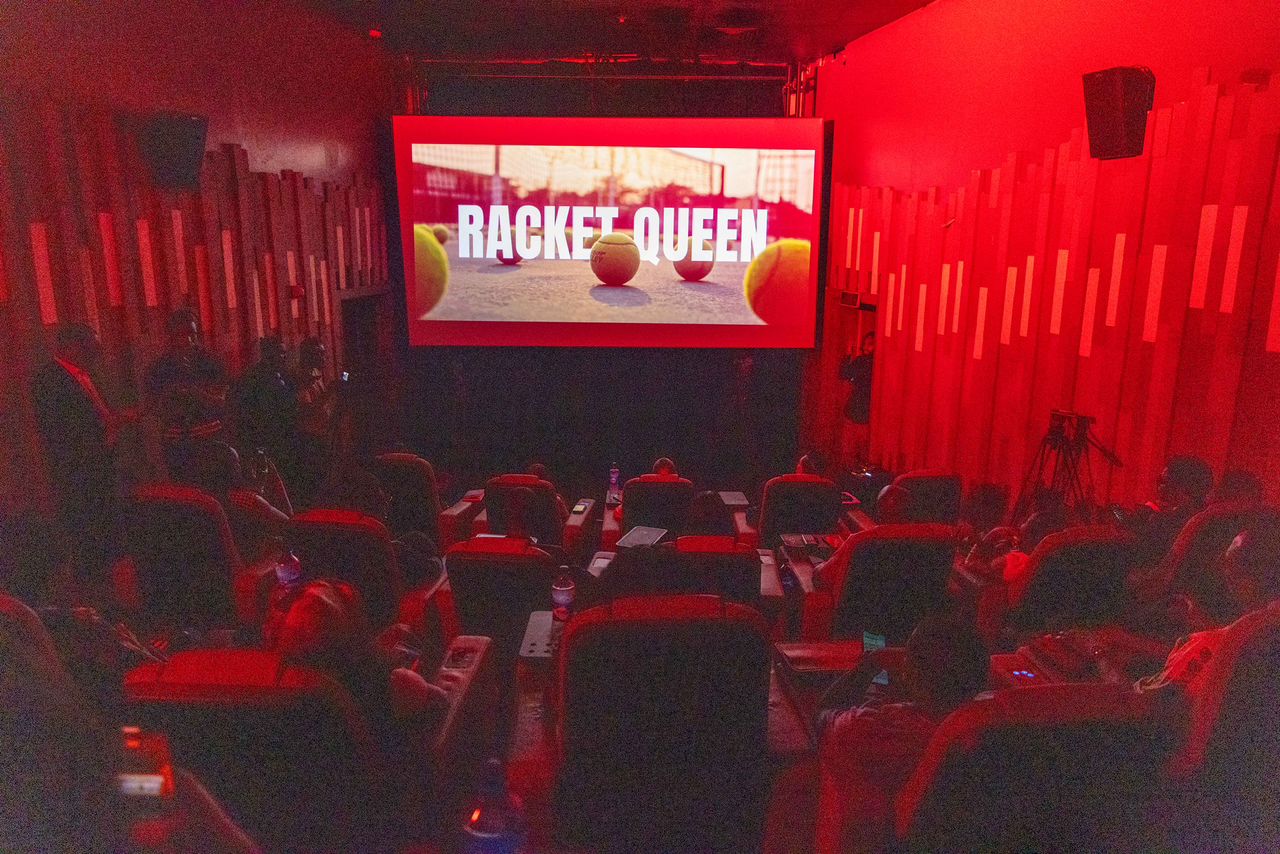Two years ago, on the Bad and Boujee podcast, ex-Big Brother Naija (BBN) housemate Khloe Koko made the comment, “Don’t bring your natural hair to my event.” It struck up a discourse on black hair and even today conversations around black hair are still around. Unfortunately, the former BBN housemate is not the only one who sees black hair as less than.
Damilola Ipadeola, a content creator, once shot a video for a brand with her black hair and was asked to reshoot the video because her hair looked “unprofessional”. At the surface, it seems like nothing but when one takes into account that black hair is unacceptable in what is regarded as the most popular black nation in the world, the issue becomes apparent.
Adanna Madueke, the founder of the black hair community, Our Hairitage, and producer of the documentary Our African Hairitage, attributes this negative attitude to black hair to colonialism. “Colonisation contributed to our lack of awareness about certain aspects of our identity.” She states.
When the European settlers came to Africa, they did not just take control of the colonies; they also established their way of life as the superior form of living and this extended to language, clothing and hair. We adopted their way of life, became so accustomed to it that 65 years post-colonialism, there are barely salons who know how to comb black hair, hairstylists who persuade you to relax your hair and “natural hair salons” who charge an arm and a leg to style black hair.
The media has also been an instrumental vehicle in pushing Eurocentric beauty standards. A perfect example is how Nollywood implores hair in their telling of grass-to-grace stories. In this tale, when the protagonist is still a lower-class woman, her black hair is in high puffs or cornrows and when the stars align in her favour, she is adorned in brazilian wigs. This stretches down to marketing campaigns where women don straight hair and wigs to sell products to the black population.
“During the Our Heritage campaign, one of my very close friends— whom I absolutely love—joined us for the full shoot. We created so many beautiful moments together. But I clearly remember how she felt the need to take down her hairstyle for the next campaign she was working on because it didn’t align with the look or aesthetic they were going for,” Madueke recounts.
There is a glaring lack of representation for black hair in Nigerian media. “I feel like there are quite a few prominent women who confidently wear their natural hair—people like Viola Davis and Lupita Nyong’o, especially on American TV. But the media that most Nigerians consume tends to be different; for example, it’s heavily influenced by figures like the Kardashians, which has shaped local beauty standards in a different direction.” Madueke explains.
Representation in media matters because it shapes perceptions of ourselves and can even lead to an acceptance of self. In 2016, the natural hair movement in Nigeria saw a rise following the release of The Wedding Party, where Dunnie’s (Adesua Etomi-Wellington) black hair, a sleek updo whose beauty was bolstered by a crown, shone brightly. It was one piece of media that caused a shift. It is yet to happen again, as films are mostly dominated by wig-wearing women.
The rise of wig culture in Nigeria has also aided this blatant disregard of our hair. Some people have found wigs more manageable, which can be true, but when people talk about wigs, they mostly refer to the Eurocentric-looking wigs, almost never the textured ones, and therein lies the problem. “I wear every hairstyle you can think of—wigs, braids, my afro, twists, plaits You can choose to braid your hair, wear a wig, or whatever style you prefer—but when that choice involves completely neglecting your natural hair as if it isn’t your own, that points to a deeper, more rooted issue.” Madueke asserts.
What does this non-acceptance of our hair say about our view of self? Adanna Madueke posits that the rejection of our hair can sometimes trickle down to our self-worth. “There are these TikTok videos where girls talk about their hair, and you can see how deeply it ties into their self-esteem.
The way they speak about their hair often reflects how they see themselves overall—because learning to love yourself truly means learning to embrace every part of you, including your hair.” Madueke opines.
She goes on to solidify her point, “There are many girls who wear wigs as protective styles—and that’s perfectly fine. But there are also those who wear wigs to imitate what they see on TV, taking the Brazilian hair look, or whatever style is trending, so personally and seriously that it becomes more about fitting into a beauty ideal than personal expression.”
This rejection of our hair is not and cannot simply be about style preference; it points to something much deeper: internalised racism. When wigs reminiscent of Eurocentric beauty standards are made acceptable while afros and coils are looked down on, we are sending a dangerous and problematic message. One that tells us our acceptability and desirability are dependent on our proximity to whiteness. It is an insidious message that many have digested subconsciously and causes them to view black hair as an abnormality that needs to be straightened out or kept hidden.
Madueke reminds us that this mindset is not universal among Black communities. In countries like Somalia, for instance, Black hair is so normalised that wigs are seen as strange or unnecessary; people assume you must be struggling to care for your real hair. That kind of cultural alignment, where beauty is not separated from identity, is what Nigeria has yet to fully reclaim.
Until we address the subtle ways we have been taught to undervalue ourselves, starting from what grows naturally from our heads, true self-acceptance will remain out of reach.





